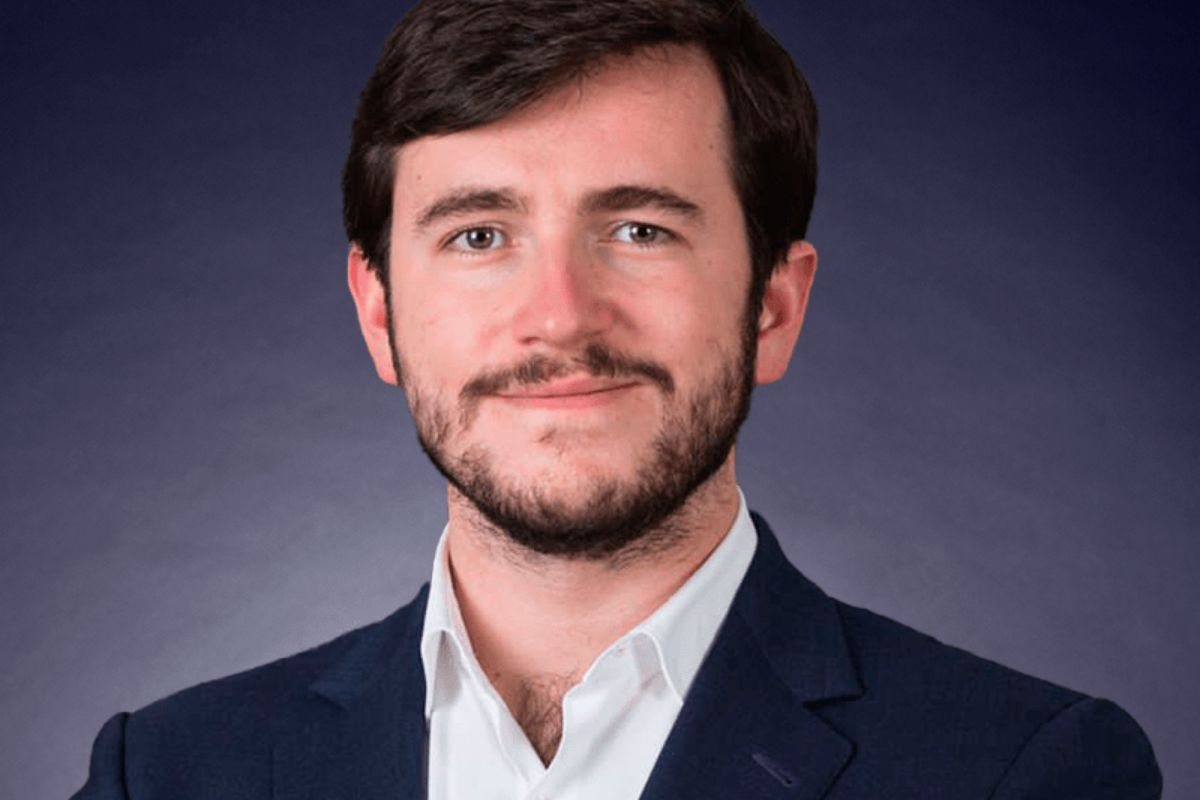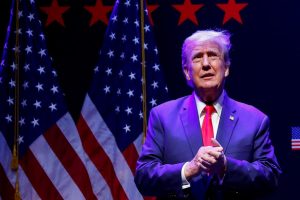Delegates from eight democratic countries, presently visiting India on an exposure trip to learn about parliamentary governance system, on Saturday hailed the country’s democratic ethos which stood as an example before the world.
“India is not only the oldest, but the greatest of democracies in the world and it is about freedom, tolerance and equality of gender,” Mr. Miguel Costa Matos, MP from Portugal, said while participating in a seminar on ‘Democracy and Governance’ organised at Siksha ‘O’ Anusandhan (SOA).
The visit of the delegates has been organised by the Indian Council for Cultural Relations(ICCR) and Gen Next Democracy Network as part of the ‘Azadi Ka Amrit Mahotsav’ celebration to mark India’s 75 years of independence to enable them to get a comprehensive overview of India’s democratic traditions, cultural heritage and developmental initiatives.
Mr. Matos hailed India’s focus on the concept of ‘Vasudhaiva Kutumbakam’ saying it meant ‘one earth, one family and one future’. “The need today is to fight climate change, like one family and face the future together,” he said adding the pandemic had brought the countries closer.
Justice Anil Kumar Choudhury, Judge of the High Court of Jharkhand, who was the chief speaker, described India as the oldest and biggest democracy in the world while pointing out that the democratic system in India prevailed since the medieval times.
“The concept of democracy and welfare state was prevalent even during the Indus Valley Civilisation. Excavation at ancient Harappan sites has shown that the panchayat system was 5000 years old,” he said adding the stone carvings of Thanjavur in Tamil nadu also pointed to the existence of panchayat system in the ancient days.
Referring to the Kalinga War of 261 BC, which is said to have been fought close to Bhubaneswar city, Justice Choudhury said Kalinga had collective leadership at that time when Mauryan Emperor Ashoka invaded the empire.
The right to vote has been conferred equally on both genders in India while women in Europe had to struggle to win the right to exercise their franchise, he said.
The delegation comprised26 members from Belgium, Brazil, Bulgaria, Croatia, Guyana ,Mongolia, Portugal and South Africa comprising lawmakers, businessmen, journalists, scholars, activists and youth leaders.
Those who addressed the seminar besides Mr. Matos included Mr. Domagoj Hajdukovic (Croatia), Mr. Tomas Roggeman (Belgium), Mr. Giuseppe Ricardo Meneghetti Riesgo (Brazil), Ms. Alexandra Valentinova Korcheva (Bulgaria), Mr. Ganesh Adjtya Mahipaul and Mr. Suresh Singh(both Guyana) and Mr. Pervin Vedan (South Africa).
Some of the delegates described democracy as the most suitable method of governance while expressing concern over the emergence of authoritarian regimes.
Prof. Pradipta Kumar Nanda, Vice-Chancellor of SOA, who welcomed the delegates, said the university had celebrated its silver jubilee last year and it presently had more than200 foreign students from different countries. “We are aiming to have 1000 foreign students from various countries,” he said adding SOA was now globally known.
Prof. Amit Banerjee, Pro Chancellor of SOA, was present while the university’s Dean(Students’ Welfare), Prof. Jyoti Ranjan Das conducted the program. Prof. Nachieketa K. Sharma, Director, University Outreach Program, proposed the vote of thanks.












